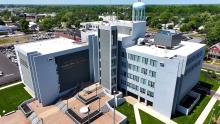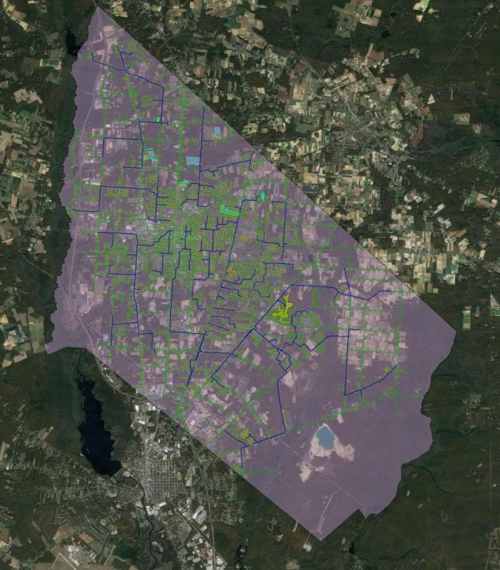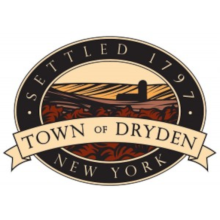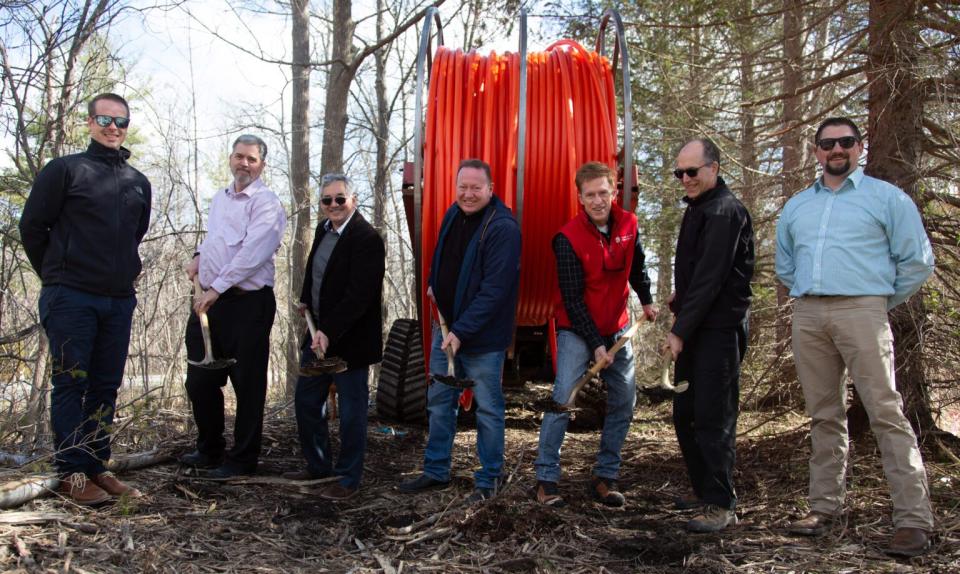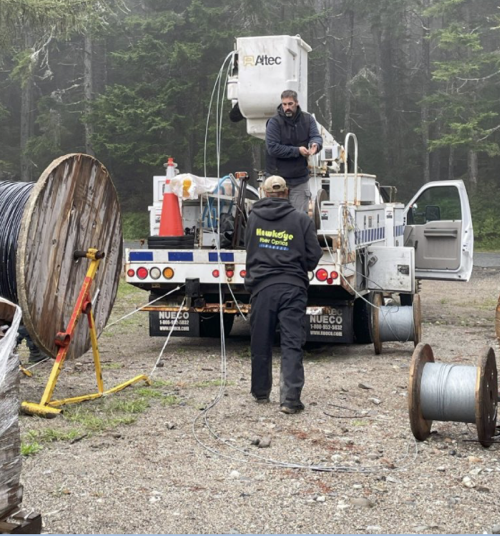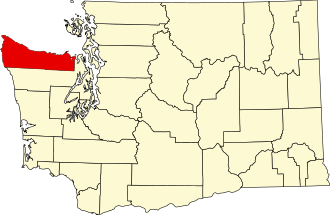Vermont’s Otter Creek CUD Finished Fiber Build $3 Million Under Budget
Vermont’s Otter Creek Communications Union District not only recently finished its major fiber deployment, CUD leaders say the project came in significantly under budget, saving Vermont state leaders more than $3 million in taxpayer dollars. That money will now be redirected toward efforts to make access more affordable for state residents.
As we recently reported, Otter Creek CUD completed a major fiber expansion project that brought affordable fiber to 3,626 locations, including 1,278 previously unserved addresses across heavily rural parts of the Rutland County region of the Green Mountain State.
The project was funded by a $10 million grant by the Vermont Community Broadband Board (VCBB). Between the Otter Creek grant awards and contributions from private providers, more than $24 million was invested in Rutland County to expand fiber access.
In a new announcement, Otter Creek CUD officials say the build, made possible by a lot of hard work by local volunteers, ultimately came in more than $3 million under budget, money CUD leaders say will now be used to improve network quality and affordability.
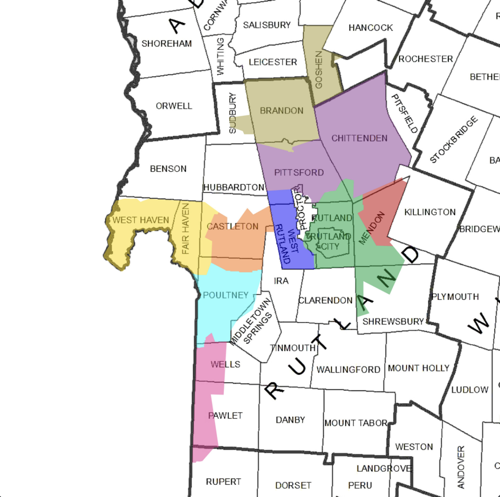
“We are so proud of this tremendous accomplishment,” VCBB Executive Director Christine Hallquist said of the project. “It’s a great example of how Vermonters can benefit from the local leadership of CUDs in negotiating with private telecoms.”



